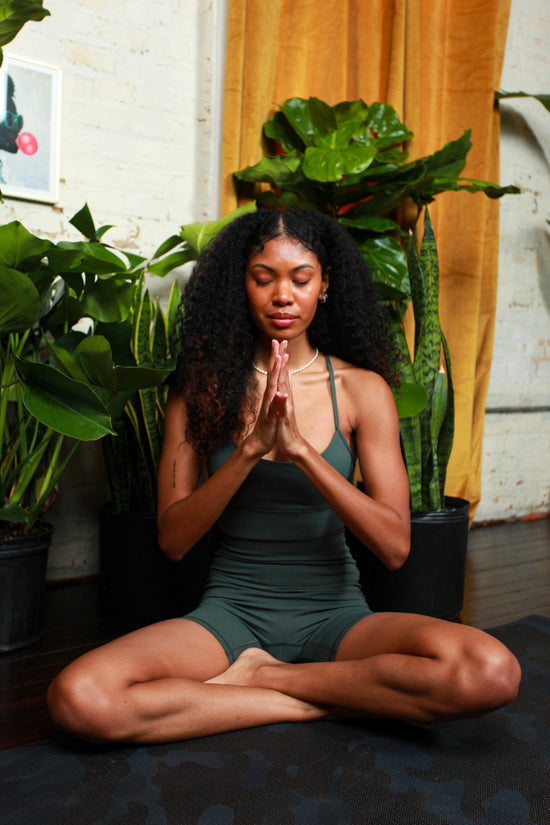In a world that often feels hectic and overwhelming, the concept of wellness can be a beacon of hope and a path to balance. But what does wellness mean to you? For some, it might be a state of physical fitness, while for others, it could be a sense of mental peace or emotional stability. Understanding and nurturing your own wellness is a deeply personal journey, and there are many ways to cultivate it, including tending to plants, engaging in activities like yoga and meditation, and fostering an overall feeling of being grounded.
Tending to Plants: Nurturing Growth and Greenery
One often overlooked avenue to wellness is the simple act of tending to plants. Whether you have a sprawling garden or a few potted plants on your windowsill, the act of caring for greenery can have profound effects on your well-being. Gardening and plant care can reduce stress, improve mood, and provide a sense of accomplishment. Plants also purify the air, adding a touch of freshness to your living space.
For example, caring for a Peacock Plant, with its vibrant leaf patterns and intricate unfurling process, can be a meditative practice. Watching a plant grow and thrive under your care fosters a connection to nature and a sense of grounding. This connection can help you feel more rooted and stable in your daily life.
Engaging in Yoga and Meditation: Finding Inner Peace
Activities like yoga and meditation are powerful tools for enhancing wellness. Yoga combines physical postures, breath control, and meditation to improve flexibility, strength, and mental clarity. It encourages mindfulness and a connection between body and mind, which can lead to a more balanced and centered life.
Meditation, on the other hand, focuses on training the mind to achieve a state of calm and awareness. Regular meditation practice can reduce stress, improve focus, and promote emotional health. It’s a journey inward, helping you to tune out the noise of the external world and find peace within.
By incorporating yoga and meditation into your routine, you can create a sanctuary of calm in your day, allowing you to reconnect with yourself and find a sense of inner peace.
The Overall Feeling of Being Grounded: Connecting to the Present
At the heart of wellness is the feeling of being grounded. This means being fully present in the moment, connected to your body, and aware of your surroundings. Being grounded is about finding stability and balance, even when life gets chaotic.
There are many ways to cultivate this feeling. Simple practices like mindful breathing, spending time in nature, or engaging in activities that bring you joy can help you feel more connected and centered. For instance, taking a walk in the park, listening to the rustling leaves, and feeling the earth beneath your feet can be a grounding experience.
Tending to plants, practicing yoga, and meditating are all ways to anchor yourself in the present moment. They remind you of the beauty in simplicity and the importance of nurturing both your environment and your inner self.
Embracing Your Unique Path to Wellness
Ultimately, wellness is a personal and evolving journey. What works for one person may not work for another. It’s important to explore different practices and find what resonates with you. Whether it’s the tranquility of a garden, the discipline of yoga, the stillness of meditation, or any other practice, what matters most is that it brings you a sense of peace, balance, and well-being.
So, what does wellness mean to you? Take the time to explore, reflect, and nurture your own path to wellness. Embrace the practices that make you feel grounded, connected, and whole. In doing so, you’ll cultivate a richer, more fulfilling life.





